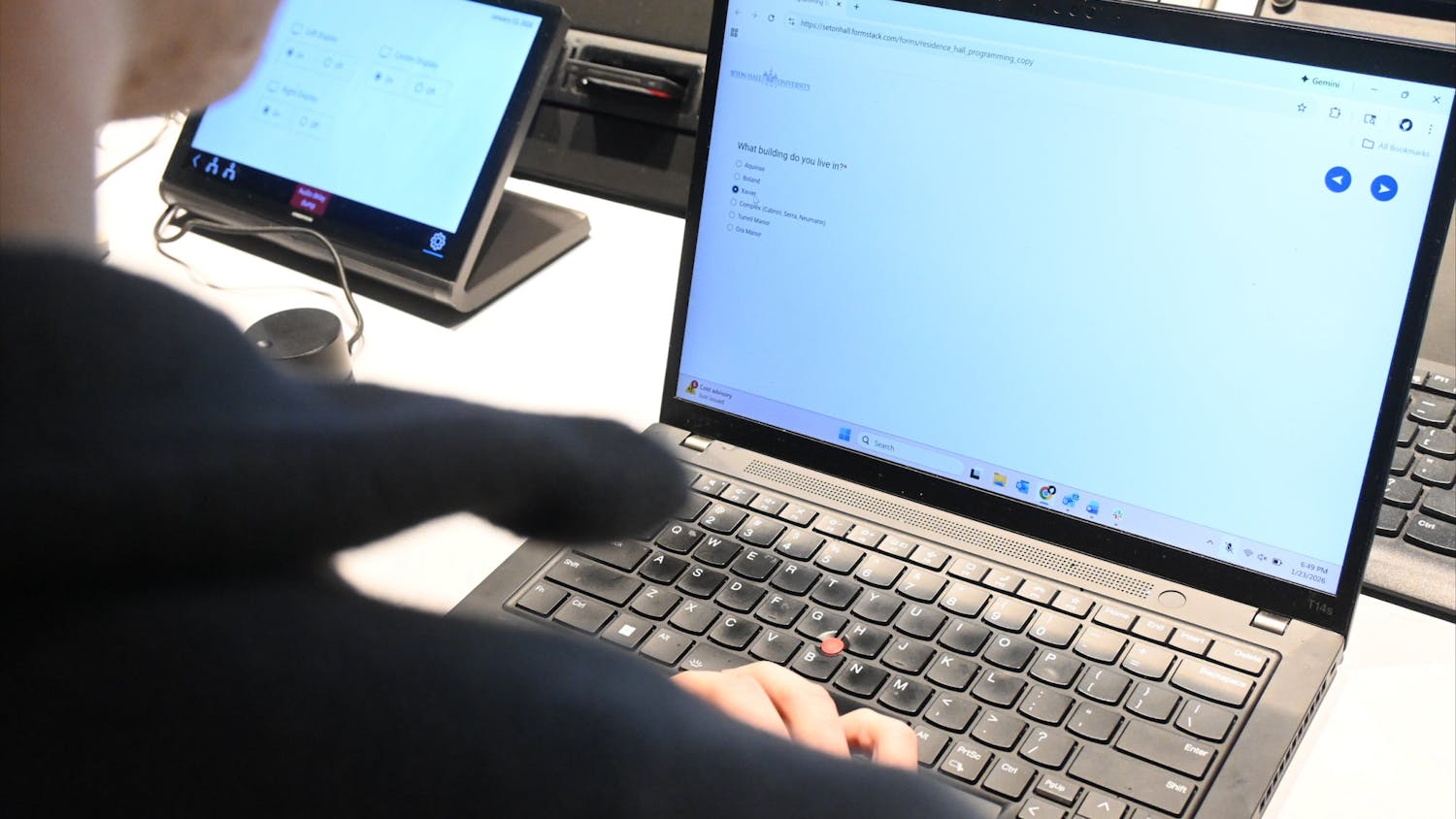About 26 percent of Americans ages 18 and older live with a diagnosable mental health disorder, according to Active Minds. A nonprofit organization dedicated to raising mental health awareness among college students, Active Minds’ website said that in comparison to older adults, those from 18 through 24 have the lowest rate of seeking help. While some may not find it easy to ask for help, Seton Hall has resources on campus to aid students – Counseling and Psychological Services (CAPS) and Disability Support Services (DSS). Mental illnesses include depression, anxiety disorders, schizophrenia, eating disorders and addictive behaviors, according to the Mayo Clinic’s website. These disorders can affect an individual’s mood, thinking and behavior, according to Mayo Clinic. Dr. Katherine Evans, director of CAPS, said college provides a multitude of stressors to all students, such as academic, emotional and social challenges. New students who are adjusting to living away from home for the first time may feel loss and sadness, she said in an email interview. “Students already challenged with a mental illness may find that the additional stress of college may lead to a resurgence of or increase in symptoms associated with their illness,” Evans said. With the change in routine, students may forget to take their medications, which can end in “a return of troubling symptoms.” She added that it is not unusual to have students “report long-term struggles for which they have never received any kind of treatment.” Evans said that CAPS works “with all students to address concerns, assess their needs and create a treatment plan that best fits each individual.” CAPS can assist students who do not have access to their long- term mental health care provider find local providers covered on the student’s health plan, Evans said. She added that all students can receive CAPS supportive services. Some of those services included are the Stress and Anxiety Management program, Mindfulness training and crisis intervention services, she said. CAPS also has self-help videos titled “What’s Up, Doc?” which cover a multitude of issues that students encounter. The videos can be found on CAPS’ Seton Hall website. Lots of people struggle with depression, anxiety and other debilitating issues, Evans said. Those with concerns about their mental health can take a free and anonymous screening on CAPS’ website. There are screening instruments for various disorders, including depression, anxiety, bi-polar disorder, PTSD, substance abuse and eating disorders. Feedback is immediately provided to students based on their answers, which includes “referral information if warranted,” Evans said. In addition to CAPS, students seeking help or information can work with DSS. Dana Giroux, assistant director of DSS, said her team works with students with various disabilities. This includes psychological, learning, chronic medical, neurological, ADD/ADHD and other disabilities. She said via an email interview that DSS “exists to assist students with disabilities in achieving their educational goals.” She added, “Our focus is on equal access to all programs and activities. DSS provides reasonable accommodations based on appropriate documentation.” Giroux clarified that accommodations may include academic or housing accommodations, exam proctoring and referrals to on and off campus resources. Evans encourages all students to look at CAPS’ website to learn more about their services and staff. CAPS services are confidential and free. Samantha Todd can be reached at samantha.todd@student.shu.edu.





